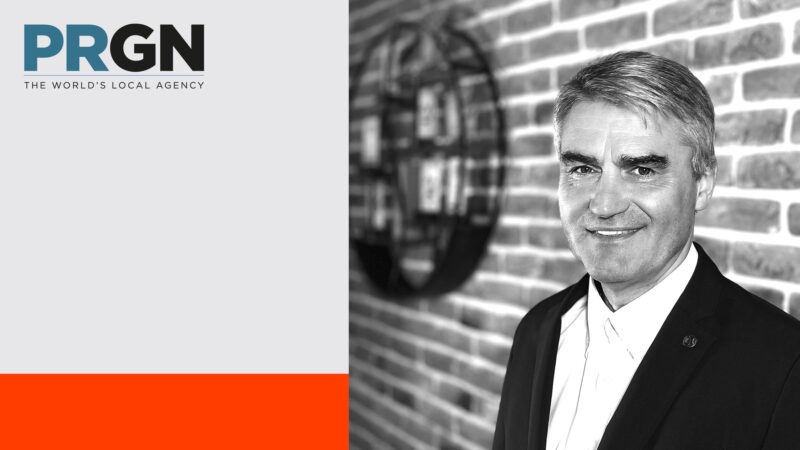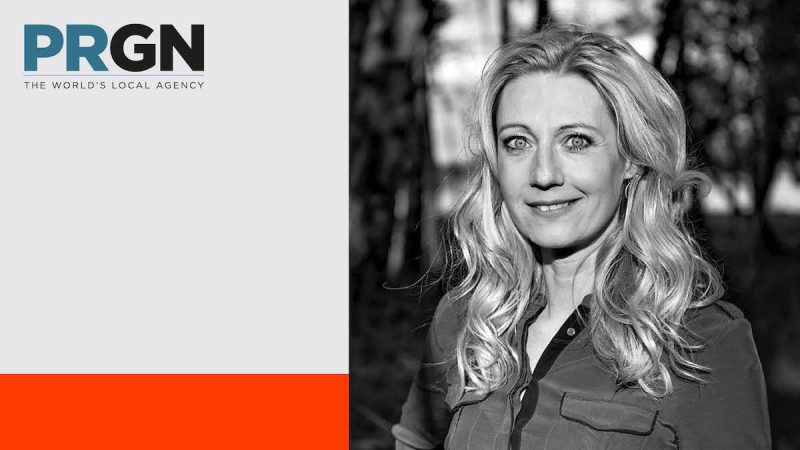Can you attempt to influence amid a crisis?

Russia’s war of aggression has turned the world’s attention to Ukraine for a good reason. A brutal and unjustified war has turned our daily lives upside down and made our everyday problems seem small and insignificant. Many are now rightly asking: does it matter what I do when people are being killed elsewhere?
The wheels of everyday life need to turn. Children go to school, and groceries have to be bought. Routines and everyday life create security. The same applies to politics and government. The Centre Party rotated ministers, preparations are underway to launch the health and social services counties, and people everywhere are preparing for a rise in interest rates. The government is negotiating state budgets. The machinery is chugging along.
Politics is done in the moment. In moments of big change, big changes often become permanent.
Often, with major crises, the policy agenda is in a state of flux, and when the continental plates move, many changes take place that would typically take years. Political roadblocks disappear. The green transition has become an issue that politicians want to resolve quickly. Fossil fuels became a matter of security policy in the wake of Russian atrocities. Policy agendas were reset.
At the time of the pandemic, the European Commission openly announced that it would promote, for example, the Green Deal programme for a green transition during the pandemic and will also use covid-19 to some extent as a pretext to encourage other strategic objectives.
Politics is done in the moment. In moments of big change, big changes often become permanent.
Social influencers, be they companies or interest groups, must now be very careful in their efforts to influence. Thus, various political and legislative projects are currently moving forward in the shelter created by the war. Alternatively, unfavourable legislative projects are being slowed down.
All this is happening despite the world and media focusing on Ukraine.
The last time we saw influencers paralysed or thinking the time was not right for influencing after the start of the pandemic.
At the time, Business Europe, representing large companies and business federations such as the Confederation of Finnish Industries, called for a halt to health and economic projects unrelated to covid-19.
Similar actions were seen in the automotive, aviation, agriculture and plastics sectors. Influencing was not slowed down by the shift to remote working, and influencers quickly learned to use a range of digital tools to monitor their interests and promote their goals.
Does it matter what I do when people are being killed elsewhere?
Crisis inevitably changes the environment in which we operate. As banal as it may seem to knock on the door of a ministry considering sanctions against a country committing war crimes, routine legislative drafting is also taking place.
If you are influencing in the middle of a crisis, at least consider the following:
- Check the situation analysis one more time. The operating environment has changed significantly.
- Be sensitive in your message. Recognise what people are talking about.
- Be prepared for change. In a world of chaos, you need to be able to change your direction quickly.
In times of crisis, companies and interest groups that pursue long-term influencing efforts do not sit back and wait for the fire to burn. No matter how big the crisis. What is needed is situational awareness and an understanding of what is happening in the world in its constant turmoil.



